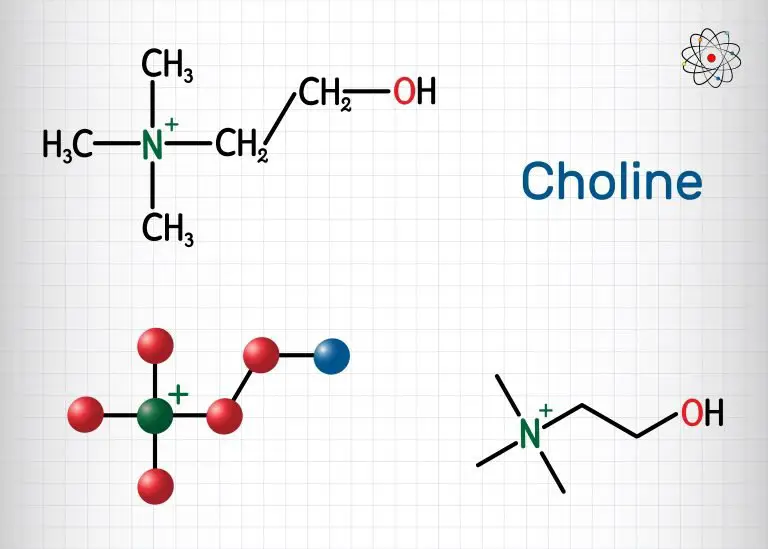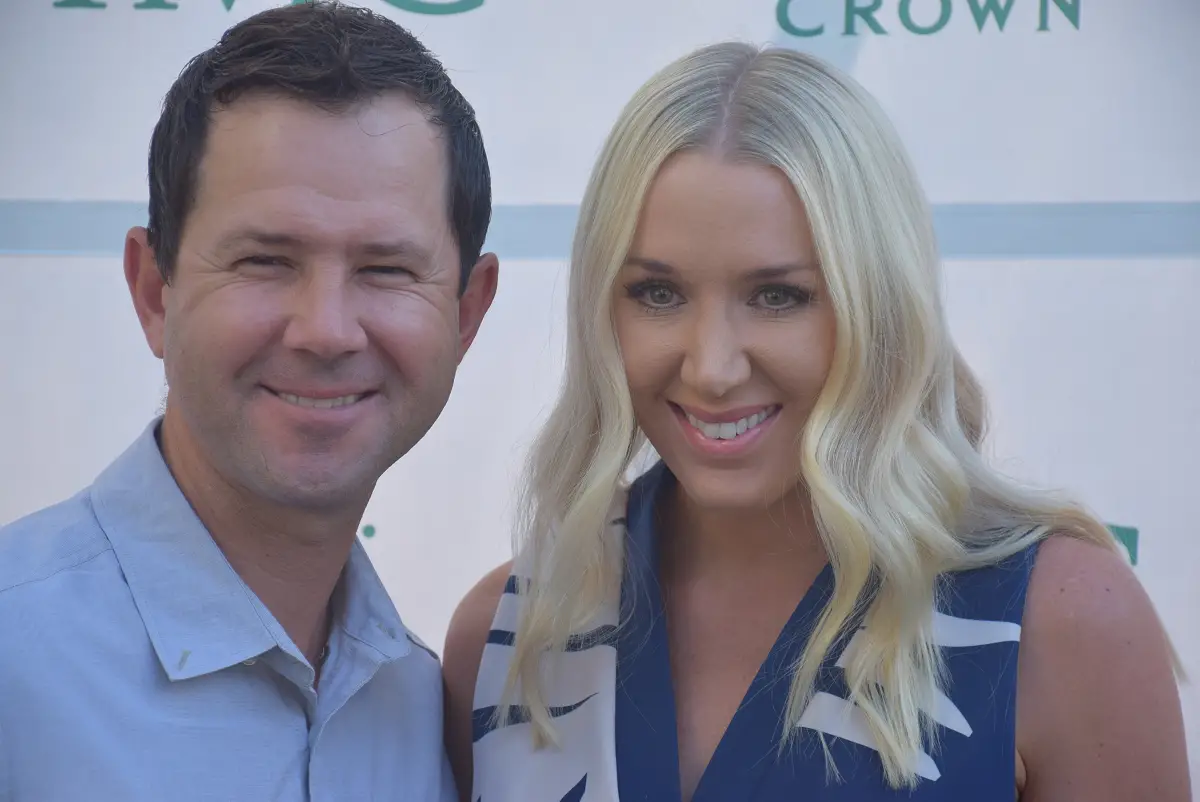
Page Contents
Choline is something you have likely not heard about, especially not when it comes to hair loss. However, choline is not something that you should just ignore as unimportant just because you haven’t heard about it.
In fact, choline is very important for your body in a lot of different ways. So, let’s look into choline a little bit more so that you can see what it is and just how it might help your hair.
What Is Choline
Choline Bitartrate, more simply called choline, is one of the vital macronutrients that your body needs in order to function. Choline is both water soluble, and it can be fat soluble. It is also closely related to some other key nutrients like folate and B vitamins.
Like most macronutrients, choline is used for a variety of processes throughout your body. Choline might not be very well-known, but it serves a variety of very important functions. It is so important that the Institute of Medicine officially recognized choline as an essential nutrient in 1998.
In addition, choline supports other functions like your cellular growth and metabolism. Probably the most noteworthy of its functions is what it does for your cell membranes, neurotransmitters, nerves, and other important things.
Because of how important choline is for your transmitters in your brain, it should come as no surprise that babies, in particular, need a lot of it. Breast milk actually has a fairly high amount of choline in it. Formulas do not tend to have as much. However, all approved formulas are tested to make sure that they have the minimum amount of choline in them.
Your body can make some of the choline you need, but most of it is absorbed in your intestines from the foods you eat. If you eat too much, your body won’t absorb all of it. Unused choline is degraded into smaller parts and filter out primarily through your liver.
As one final thing, trimethylglycine is close enough to choline that your body is able to use it as such. However, it still can’t do all of the things that you need choline for, but it can help deficiencies. Trimethylglycine is found primarily in wheat bran and spinach.
The Benefits Of Choline
Some of the benefits of choline should be pretty obvious by this point. However, there are a few choline benefits that you may have missed. Because it helps with your neurotransmitters, choline is great if you want to increase your focus and brain power.
Besides better cognitive functioning, choline also decreases your risk for certain types of strokes. It does this by helping your heart’s health by playing a role in metabolizing fats. In fact, some athletes take choline in order to have lower body mass indexes (BMIs).
Besides being good for babies, choline is just as great for women who are pregnant. Taking choline while pregnant can reduce preeclampsia problems, including high blood pressure, swelling, and severe headaches.
A few other benefits of choline include some seemingly random things like improved lung function. It is for this reason that doctors sometimes recommend choline for things like asthma. Choline is even sometimes used for fatty liver disease intravenously as a daily treatment for severe cases.
Since vitamins are rarely used for medical treatments like this, choline really stands out because of this. And you know that doctors would never use something as a treatment unless there was proof that it really worked.
In short, the main things that choline helps with are cell maintenance, making up your cellular membranes, metabolizing fats, serving as a neurotransmitter for automatic bodily functions, such as breathing and heart rate, and for your DNA synthesis.
When it comes specifically to your hair, a lack of choline will make your hair dull, thin, and possibly have bald areas. But, more than that, choline helps your hair by helping you to become a healthier you.
Cautions Of Using Choline
Choline may be good for you, but this is only in reasonable amounts. You can get too much choline, and that is bad for you for a number of different reasons. Some of the minor reasons are that excess choline can cause low blood pressure, nausea, and diarrhea.
In addition, though it sounds weird, choline can also make you smell literally fishy. This change in your body odor is caused by gut microbes from unabsorbed choline. Besides the fact that smelling like fish is hardly something you want, it is a bad sign for your health as well.
Since excess choline has to be filtered out through your liver and kidneys. This understandably makes more work for you these organs to have to do. Even though some of it can be stored, too much can make you toxic. A few other choline side effects include a loss of bladder control, other stomach problems, and all the secondary problems that come with overtaxed livers and kidneys.
So, even though choline can be used to help your liver, it can also damage it in certain amounts as well. It is for this reason that choline is harder to find as a supplement all by itself, even though it is often added in small amounts to various multivitamins.
How Much Choline?
So, choline quite clearly is something that you don’t want to take too much of, even though it is equally clear that it is something that you need to have. It is, therefore, vital to know what the right amount of choline is that you should be getting.
Since choline is one thing that is listed on food labels, you can see how much choline something has. However, this is listed as a percentage, which doesn’t tell you the exact amount. Since an adequate intake of choline is 550 mg/day, you have to use this information to figure it out.
So, if an item says that it has 50%DV (daily value) of choline, then it has 275 mg of it. Most people get enough choline from the foods they eat, but you can become deficient in it. Some diseases or other indirect factors can cause you to not get enough.
Babies, kids, and women after menopause have the greatest need for choline. Deficiencies of choline mostly cause things like muscle damage, bleeding in the kidneys, and non-alcoholic fatty liver disease, which may develop into cirrhosis. And these are only the most serious side effects, not including the ones considered to be minor.
As mentioned, choline is particularly necessary for babies. Neural tube defects (NTDs) might be linked to a low intake of choline. Though this has not been verified yet, it is suspected, which is why many maternal supplements have plenty of choline in them.
If you are pregnant, lactating, or going through menopause, you will need more. Growing kids and teens should also have more. However, men tend to use quite a bit of choline themselves. In fact, the group of people that need the least amount of choline is young women who don’t have kids.
Related Reading
How To Use Choline For Your Hair
One way that you can get choline, and what is probably the best for you, is to ingest it. Though this is not directly on your hair, choline is something that helps more from the inside anyway.
The foods that are the highest in choline are organ meats, nuts, seeds, mushrooms, and egg yolks. Other foods like non-organ meats, grains, vegetables, fruit, and dairy products do have choline in them too, in smaller amounts.
Some prepackaged and fortified foods have choline in them in the form of lecithin. Other than in foods, choline can be found in some multivitamins and dietary supplements. Some of these have it as lecithin or as trimethylglycine, however, instead of actual choline.
So, you must take care that choline is what you are actually getting. You can get choline from some pharmacies, health food stores, and online. Take only what your supplement recommends, though, and nothing more.
Some of these have choline in a powdered form inside them. So, if you are not content taking this macronutrient internally, you can probably apply it directly onto your hair. Either grind up your supplement in a seed grinder, or get it into a powder form in some other way.
From there, put the choline into your hair mask, into your shampoo or conditioner, or into whatever else it is that you put on your hair to help with your hair growth. This will get the choline directly onto your hair.
You may also be interested in: Can Antibiotics Cause Hair Loss: What Medications Can Cause Hair Loss?
You should probably pair your choline with something that will help its absorption and increase the flow of blood to your scalp to get the best benefits from it. Keep in mind, though, that there is no proof yet that choline can be absorbed through the skin at all.
Final Thoughts
As you can see, choline might not be the most popular thing to use for hair loss. But it is still something that should help. Choline helps with asthma, after all, by helping decrease swelling and inflammation. Since these two things are also involved with hair loss, choline should be of assistance here as well.
Vegetarians, vegans, and other diets may have a harder time getting the choline they need, depending on their diet. For this reason, you can get your doctor to test for choline deficiency. Choline is not something that is regularly tested for, though, so some feel that this test is somewhat unreliable.




![15+ Best Hair Growth Shampoos – 2022 Compared + Tested 7 Best Hair Loss Shampoos For Men & Women That Work [2021]](https://hairlossgeeks.com/wp-content/uploads/2020/01/Depositphotos_63966703_l-2015-100x70.jpg)

